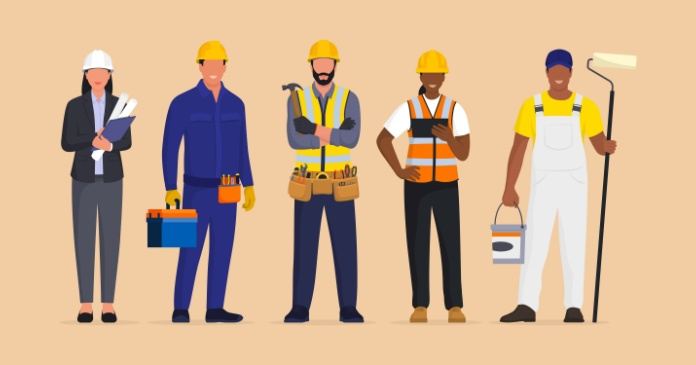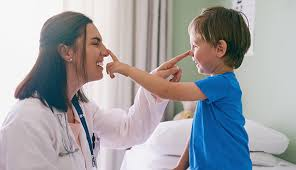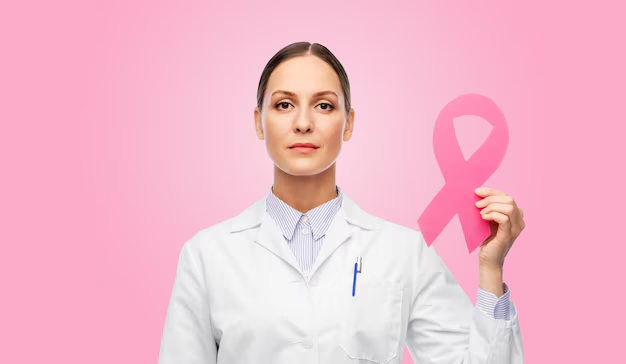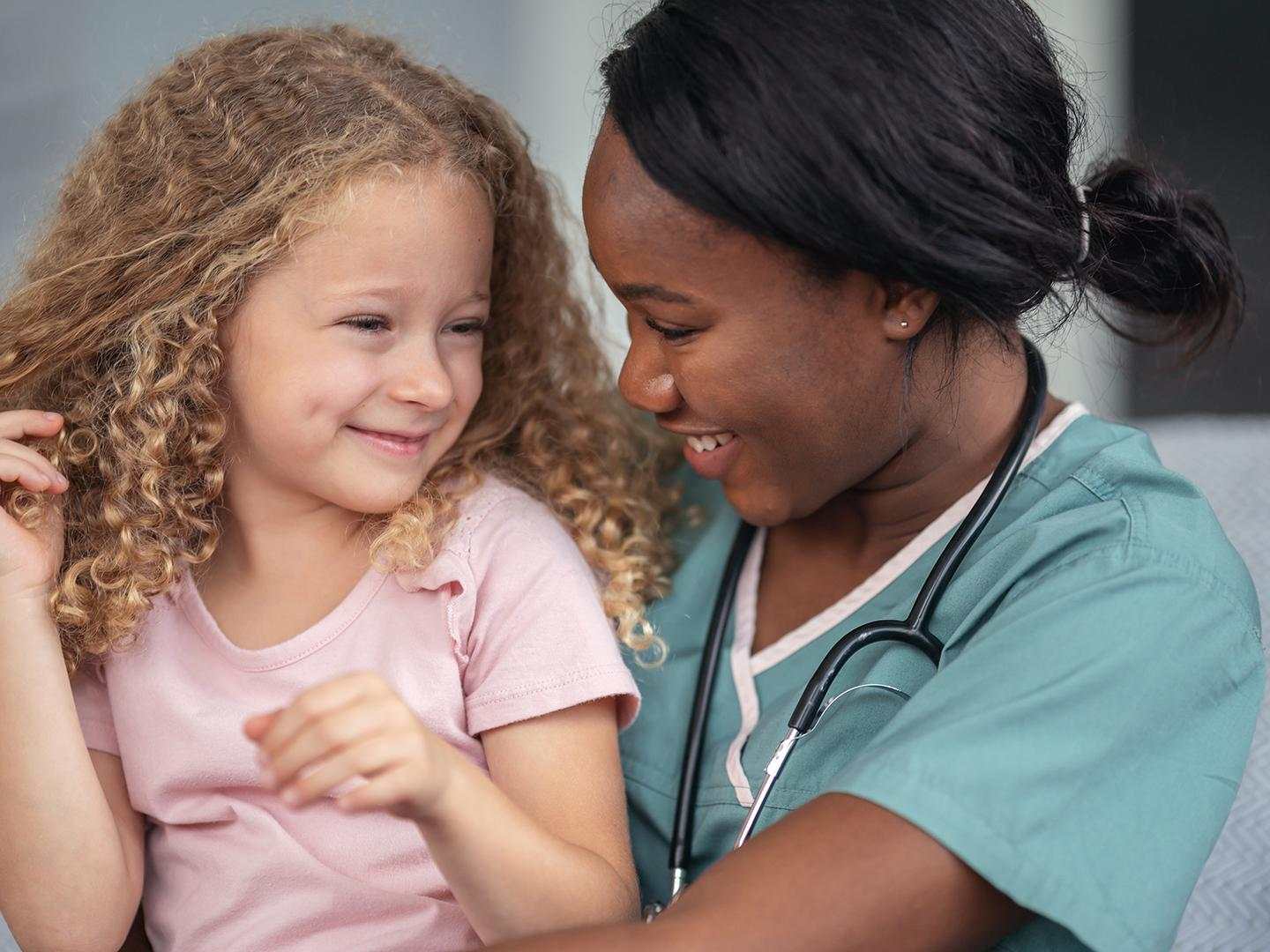
Breast cancer is one of the most common forms of cancer, affecting millions of women around the world. While many are aware of the risks and the importance of screening, the early signs can be subtle, and often go unnoticed until the disease has progressed. Early detection is key to improving outcomes, which is why understanding the warning signs and being proactive with your health is essential.
In this article, we will explore the early warning signs of breast cancer, explain how you can monitor your health, and why early intervention can make all the difference in fighting this disease.
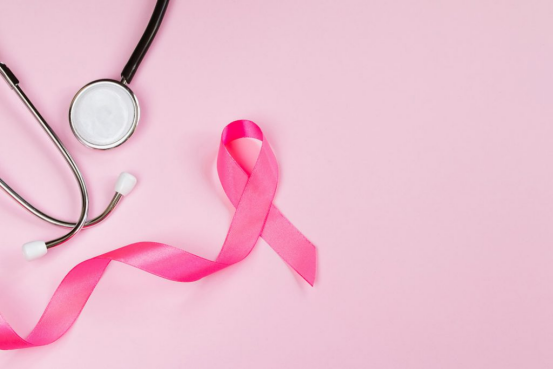
What Are the Early Signs of Breast Cancer?
Many women may think that breast cancer presents itself in dramatic ways, but often the symptoms are much subtler. Here are some of the earliest signs to watch out for:
- Lumps in the Breast or UnderarmA new ump in the breast or underarm is often the most noticeabe eary sign of breast cancer. However, not a umps are cancerous. It’s important to pay attention to changes in size, shape, or texture.
- Changes in Breast Shape or SizeIf one breast suddeny becomes arger or changes shape, this coud be an eary indicator of cancer. Any noticeabe asymmetry shoud be examined by a heathcare provider.
- Unexpained Pain or TendernessWhie breast tenderness can be reated to hormona changes, consistent pain or discomfort that doesn’t go away coud be a sign of something more serious.
- Skin ChangesThe skin on your breast may appear red, swoen, or dimped—sometimes resembing the texture of an orange pee. This coud be a sign of infammatory breast cancer, a rare but aggressive form of breast cancer.
- Nippe ChangesLook out for any changes in the nippe, such as inversion (turning inward), discharge (other than breast mik), or beeding. These symptoms may be indicative of breast cancer.
- Unexpained SweingSweing of the breast, even without a ump, can signa that something is wrong. It’s especiay concerning if the sweing is ony in one breast or it’s painfu.
The Importance of Self-Exams and Regular Screenings
While it’s essential to be aware of these early signs, self-exams and regular screenings play a critical role in early detection. Monthly self-exams are simple and can be done at home, allowing you to get familiar with your breast tissue and notice any changes.
Additionally, regular mammograms and clinical breast exams are highly effective in detecting breast cancer in its early stages, often before symptoms even appear. The American Cancer Society recommends that women begin yearly mammograms at age 40, though those with a family history may need to start earlier.
Why Early Detection Matters
Early-stage breast cancer is often easier to treat and has a much higher survival rate. When detected early, breast cancer treatments such as surgery, chemotherapy, and radiation can be more effective, and many women can recover completely or live long, healthy lives after treatment.
Breast cancer survival rates are significantly higher when the cancer is caught in the earliest stages. In fact, when breast cancer is found before it spreads to other parts of the body, the 5-year survival rate is nearly 100%. This is why knowing the signs, getting screened regularly, and addressing any concerns promptly is so important.
Taking Action
If you notice any of these symptoms or are due for a screening, don’t hesitate to reach out to your healthcare provider. They can help guide you through the next steps, whether that’s scheduling a mammogram or performing additional tests to rule out or confirm cancer.
Remember, early detection can save lives. By staying informed and taking proactive steps in monitoring your breast health, you are empowering yourself to fight this silent battle.
Take Charge of Your Health Today
Breast cancer is a challenge, but with awareness and early detection, the odds of a successful recovery are greatly increased. Be vigilant about your health, and encourage the women in your life to do the same. Don’t wait for the symptoms to become more pronounced—take control today and get checked regularly.
Stay Informed. Stay Healthy. For more information on breast cancer prevention, early detection, and treatment, visit our website to learn more and schedule your screening today.
Remember: Your health is your most valuable asset. Take the first step toward a healthier future now.



